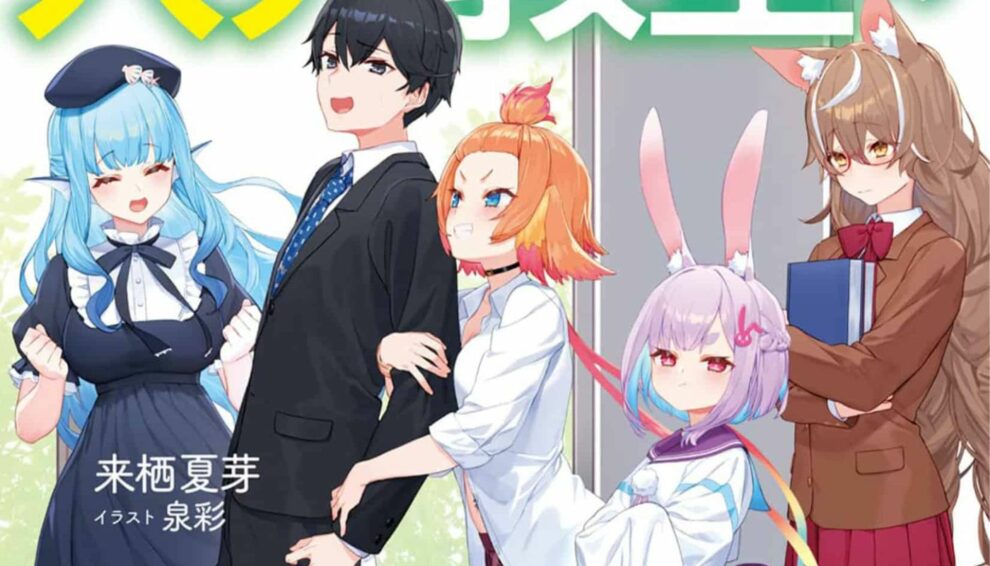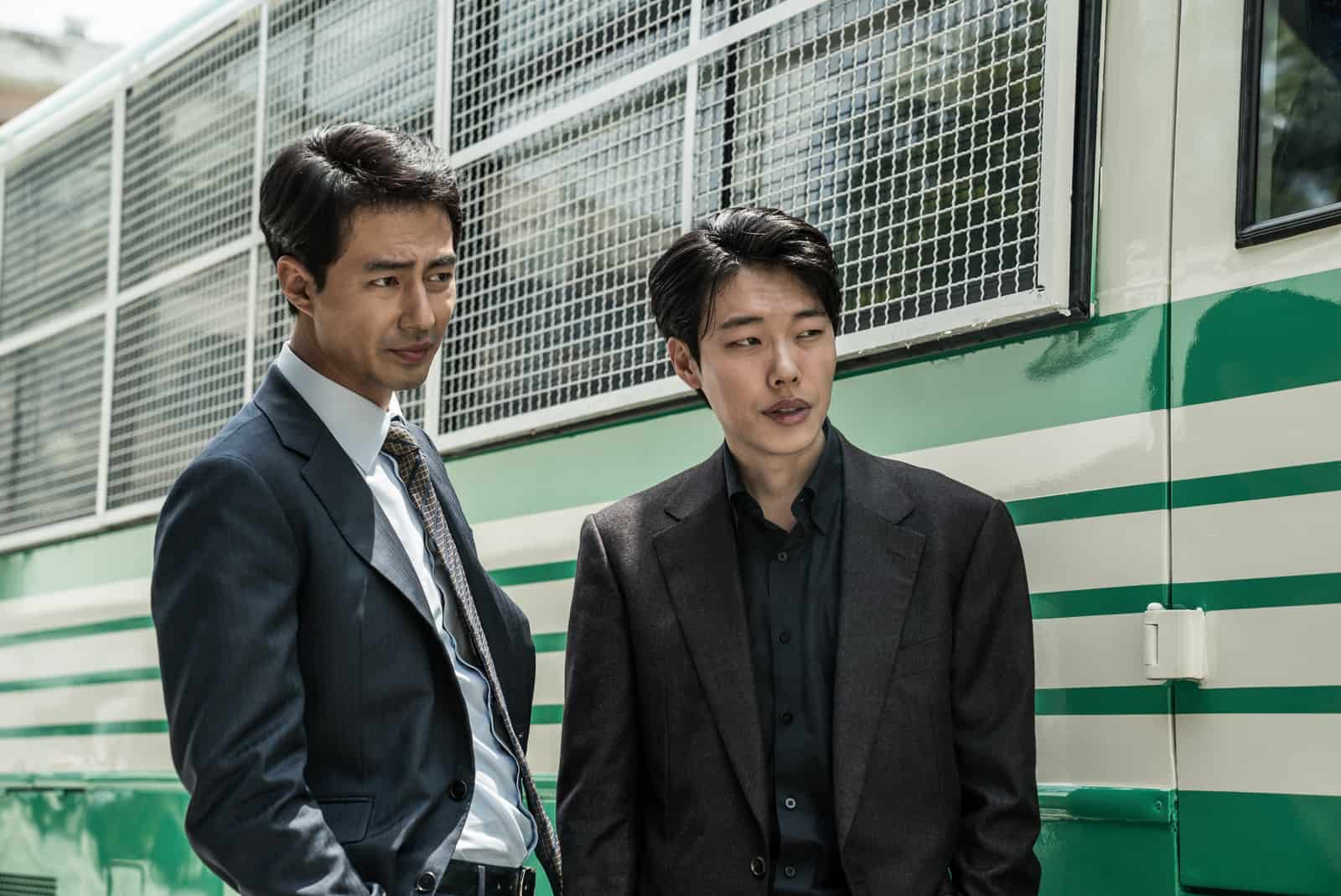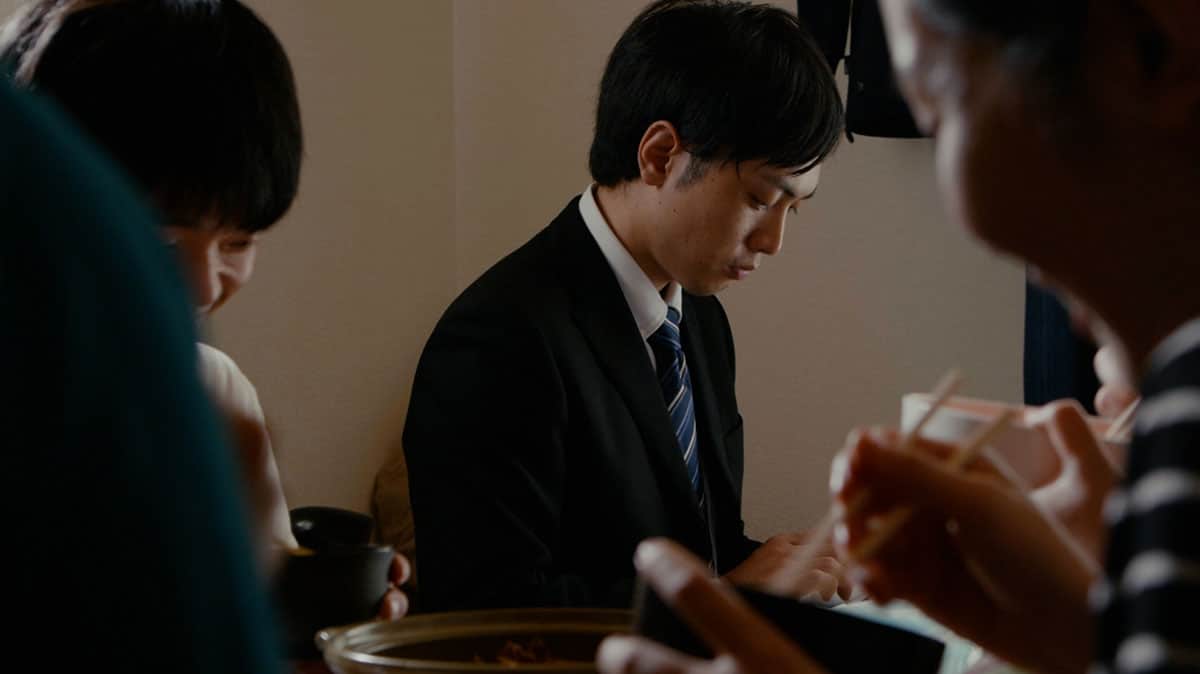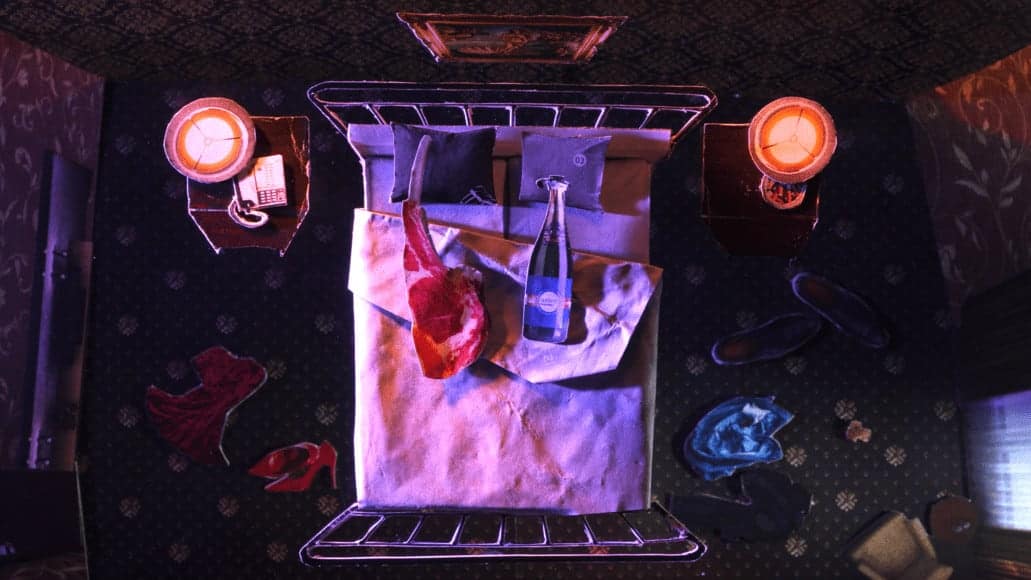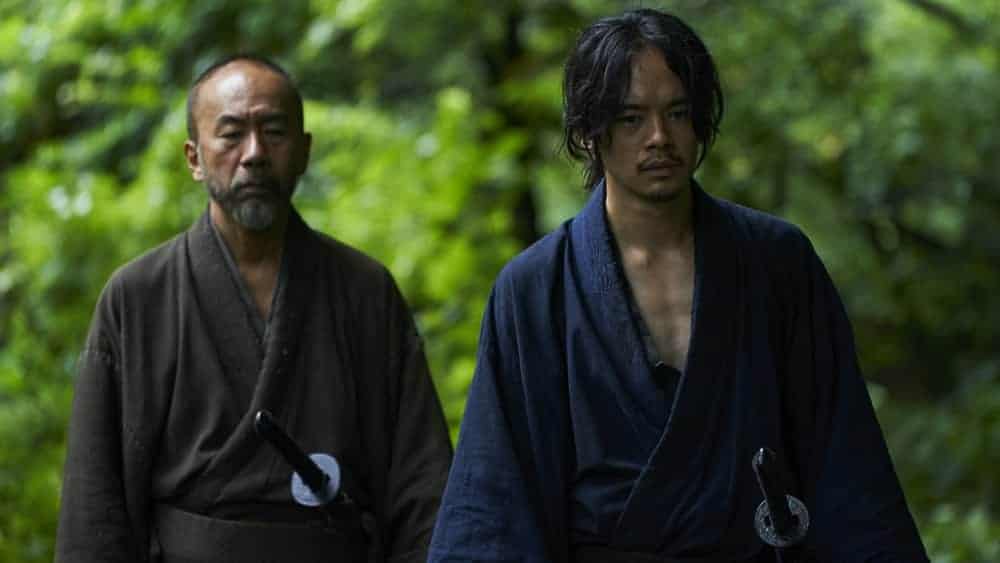“I'm Rei Hitoma, a self-professed misanthrope thanks to some past trauma. Just when I thought my new teaching job in the mountains would provide a chill, rejuvenating environment, it turns out that this school is actually for demi-humans who want to become full-fledged human beings! There's a mermaid, a werewolf, a rabbit, and a bird…all of whom are now my charges. It's my duty to teach them about humankind—and maybe in the process, I'll learn a few things myself. This isn't an alternate world or a case of reincarnation. It's just the story of a teacher at a somewhat peculiar school and his students who are striving to become human.” (Yen Press)
The afterword provided by Kurusu Natsume offers a great deal of insight into the building blocks that would make “A Misanthrope Teaches a Class for Demi-Humans.” Notably, the author discusses her transition into author from the encouragement from a follower turned editor who had read some of her previous short stories and suggested she ventures into the realm of light novels. Much of the project's growth played out across Kurusu Natsume's YouTube channel and X (Twitter), involving the community and using prompts from the fanbase to construct each chapter.
This approach did affect the writing beyond utilizing the prompts in the way that “A Misanthrope Teaches a Class for Demi-Humans” resonates with that sense of community and the importance of opening up to others to improve oneself. Protagonist Rei Hitoma offers sincere kindness to see his pupils grow. At the same time, the slightly awkward teacher will admit his weaknesses and open up to his students meaningfully. The relationships he forms with his students may not reflect online interactions directly–as Kurusu Natsume still interjects herself as the storyteller–but the characters' growth captures the essence and importance of a healthy community.
Check also this interview
This approach allows the light novel to move at a relatively relaxed pace, with the interactions between the students and their teacher being the primary draw to the work. Besides the mentioned focus on teaching and personal growth, a light comedic edge keeps the book entertaining. The class of four and their expressive personalities are the catalysts for much of the comedy, as certain elements of their demi-human nature create uncomfortable scenarios for their teacher. Primarily, teasers of student relationships or crushes with Hitoma put the teacher in comedically awkward situations. Still, these act as light jabs, and Kurusu Natsume finds a lovely balance between teasing and creating humorous interactions.
The book is accompanied by illustrations from Sai Izumi that complement the tone well, offering brief insights into the character's personality through expressive portraits. In addition, there are opening colored pages, which act as a handy guide until the reader gets the hang of which student is which–it takes a bit to memorize. Little touches like the previously mentioned afterword, character concepts, and map of the school grounds are excellent bonuses that further help understand the world that Natsume has created.
The only real shortcoming in “A Misanthrope Teaches a Class for Demi-Humans” is that the book's tone won't hold universal appeal. This seems to be semi-self-acknowledged when Rei Hitoma observes one of the students' writing projects was enjoyable despite it being a slice-of-life story, which he usually does not connect with. Undeniably, the conflict is minimal, the fantasy elements are relatively light, and the writing has that slice-of-life flow. Still, those looking for touching moments fueled by emotional reflections will find the series as gripping as any action title–the book is a page-turner for those who vibe with Kurusu Natsume's approach.


